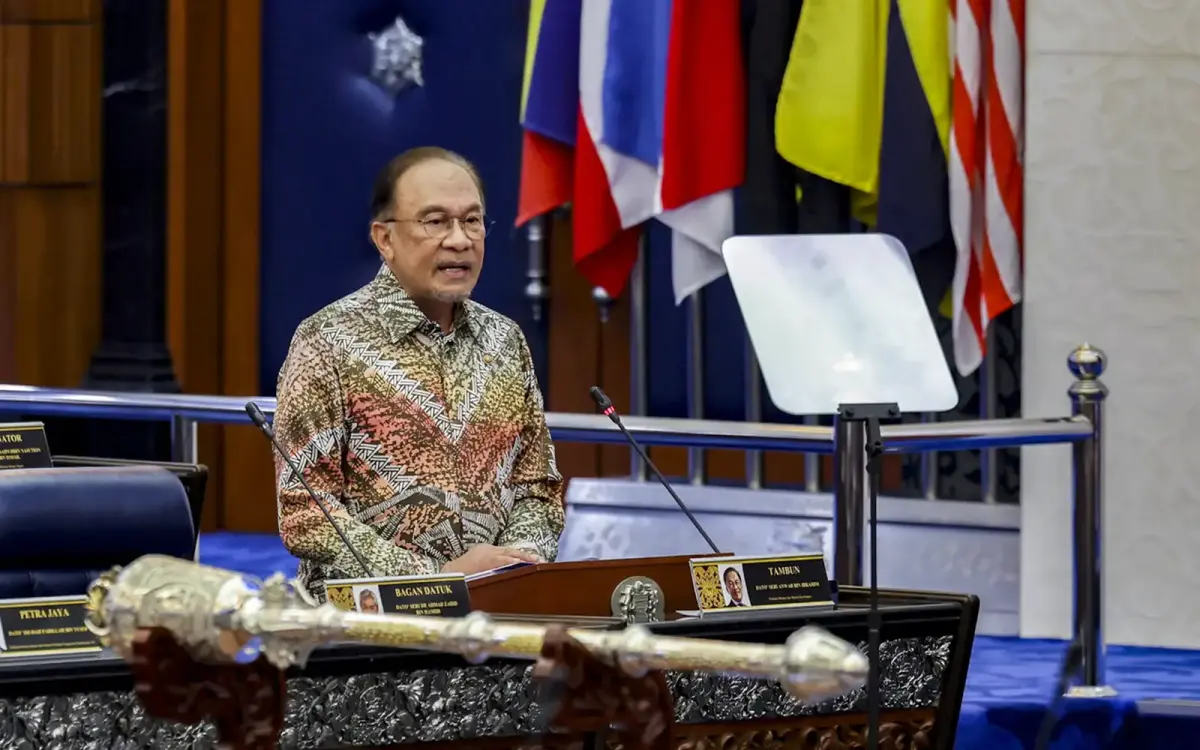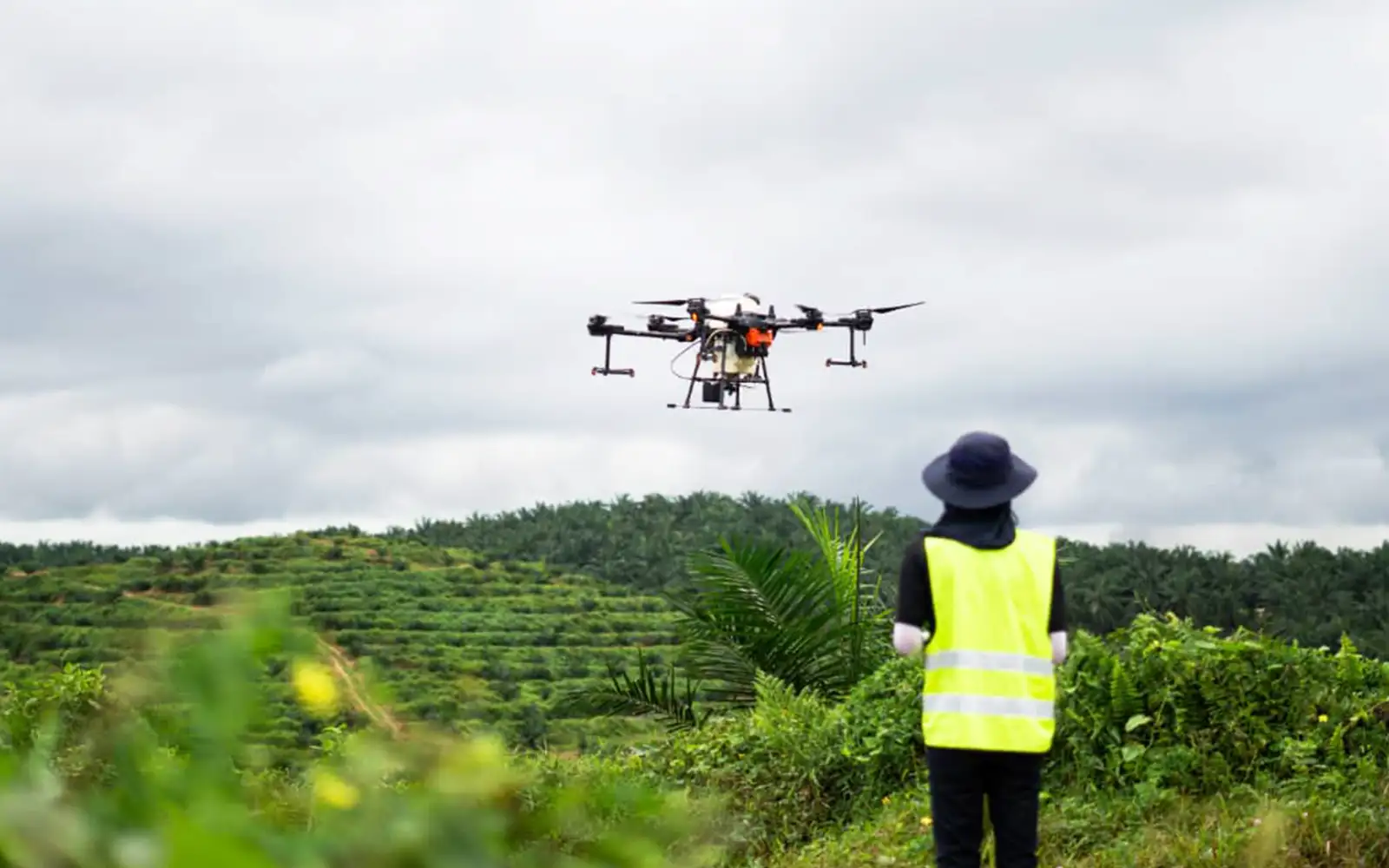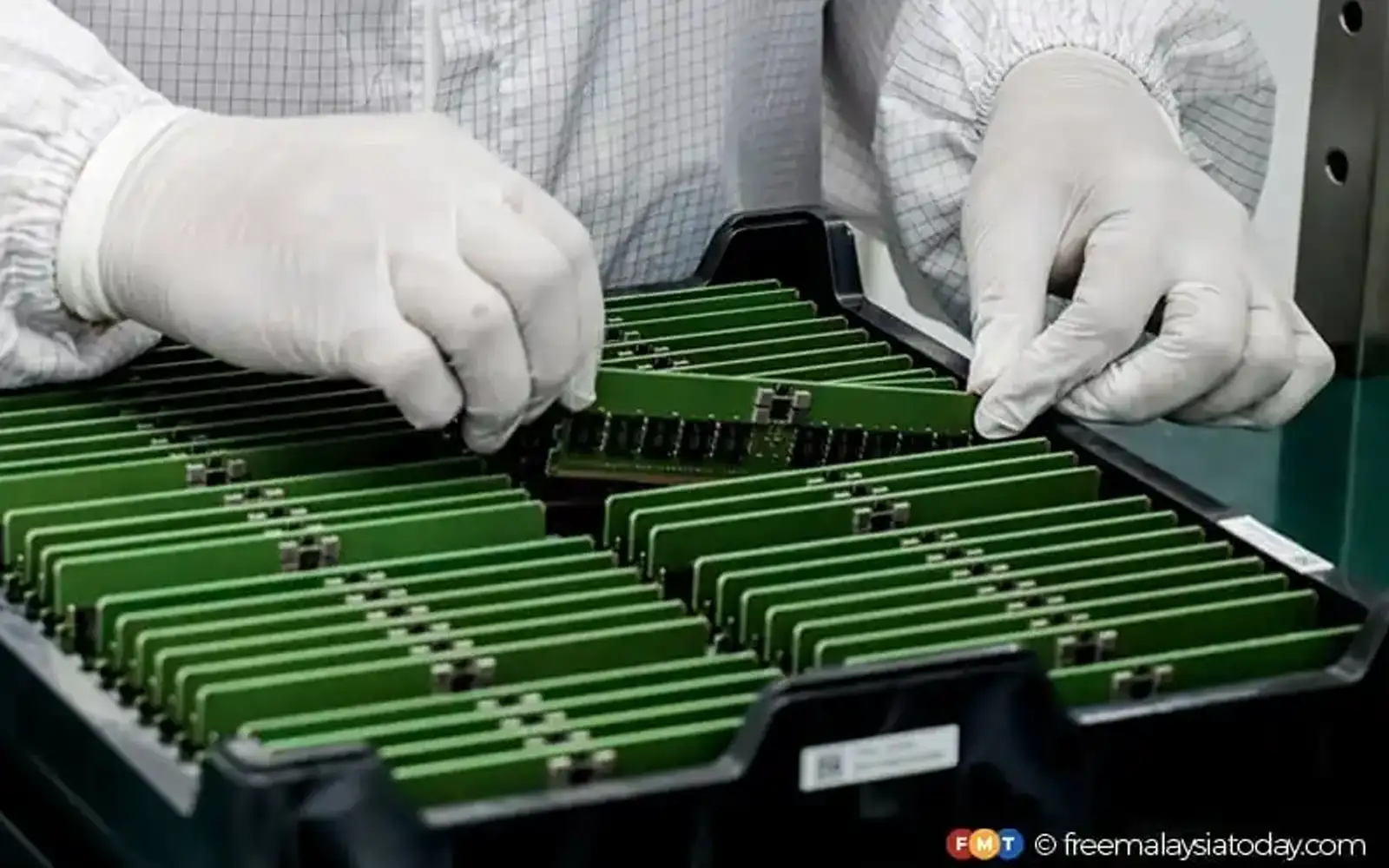
Editor
Celine Low chevron_right
Malaysia has set an ambitious goal to become an inclusive and sustainable Artificial Intelligence (AI) nation by 2030.
Outlined in the recently tabled 13th Malaysia Plan (13MP) yesterday, 31 July, Prime Minister Anwar Ibrahim aims to transform Malaysia from its traditional role as a low-cost manufacturing hub into a regional powerhouse for digital technology, creating innovative products and services branded as “Made by Malaysia”.

"Made by Malaysia"
The core of the 13MP is a bold aspiration to move beyond simply being a consumer of technology.
“Malaysia needs to move from being just a consumer, to a technology leader and producer of world-class ‘Made by Malaysia’ products and services,” Anwar said in parliament.
While the country is already an exporter of semiconductors, the plan is to move further up the value chain by creating locally designed, world-class products to strengthen Malaysia's global competitiveness.
The government plans to integrate AI across almost every key sector of the economy, including:
-
Manufacturing: Factories will utilise AI-powered automation and robotics to improve productivity and efficiency to produce more complex, high-value goods.
-
Agriculture: AI will be used for things like precision crop monitoring to help farmers get better yields and reduce their dependence on manual labour. Real-time weather forecasting will be beneficial for smarter planning.

-
Renewable Energy: AI-enabled analytics can optimise the management of smart grids, making our clean energy infrastructure more efficient and reliable.
-
Other Areas: AI will also be integrated into healthcare, education, finance, security, housing, and public services to improve daily life and government operations.
Future-Proofing The Workforce
Of course, a nation can't become an AI powerhouse without a skilled workforce.
The 13MP outlines a clear plan to cultivate AI literacy from an early age and introduce comprehensive programmes for upskilling and reskilling adults. The government will also encourage stronger partnerships between the public sector, industries, and universities to speed up the development of a talented domestic workforce in advanced technologies.
The report also acknowledges the importance of digital trust to ensure AI is used safely and ethically.
Economic Ambitions and Challenges Ahead
The government hopes to create new high-paying jobs that will raise the country’s per capita income to RM77,200 by 2030 from RM54,793 in 2024 by focusing on "high growth high value" investments in sectors like semiconductors, the digital economy, green energy, and rare earths.

However, many Malaysians still struggle with wages that have not kept pace with the rising cost of living. Recent increases in consumption tax and upcoming fuel subsidy cuts will also squeeze household budgets further.
The economy also faces external pressures, such as new US tariffs, which could affect demand for Malaysian exports. Under the new US policy, Malaysian exports now face a 19% tariff, though a waiver is available if Malaysian companies manufacture their products in the US.
Stay updated with ProductNation on here, Instagram & TikTok as well.
News sources: The Edge Malaysia, SCMP, NST
Read more related news here:
